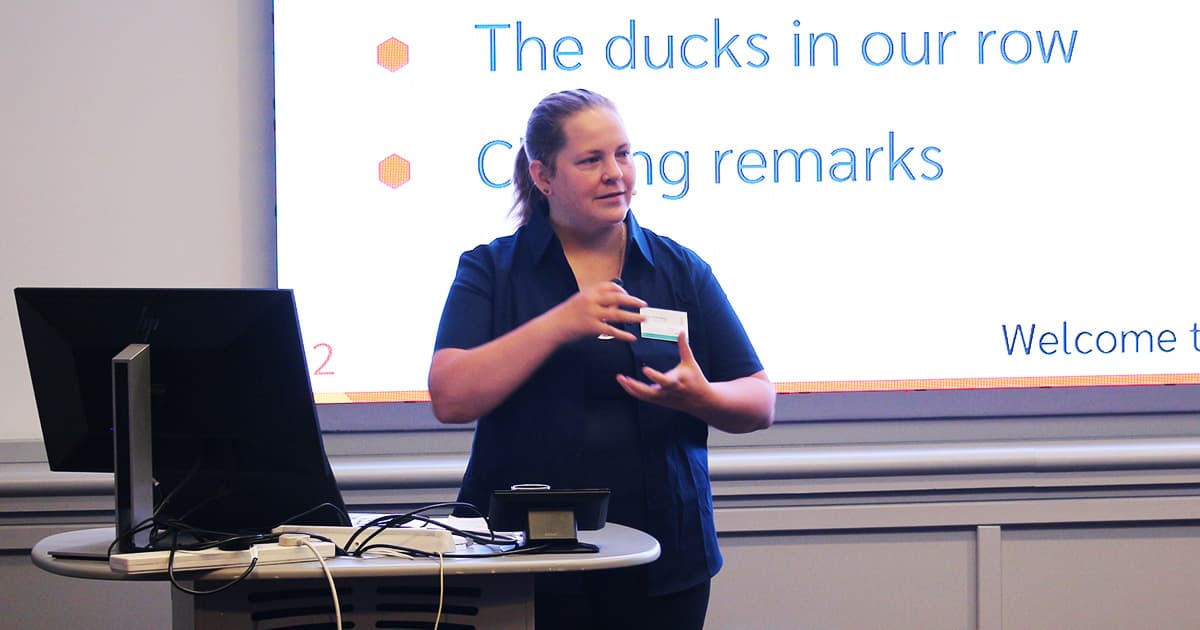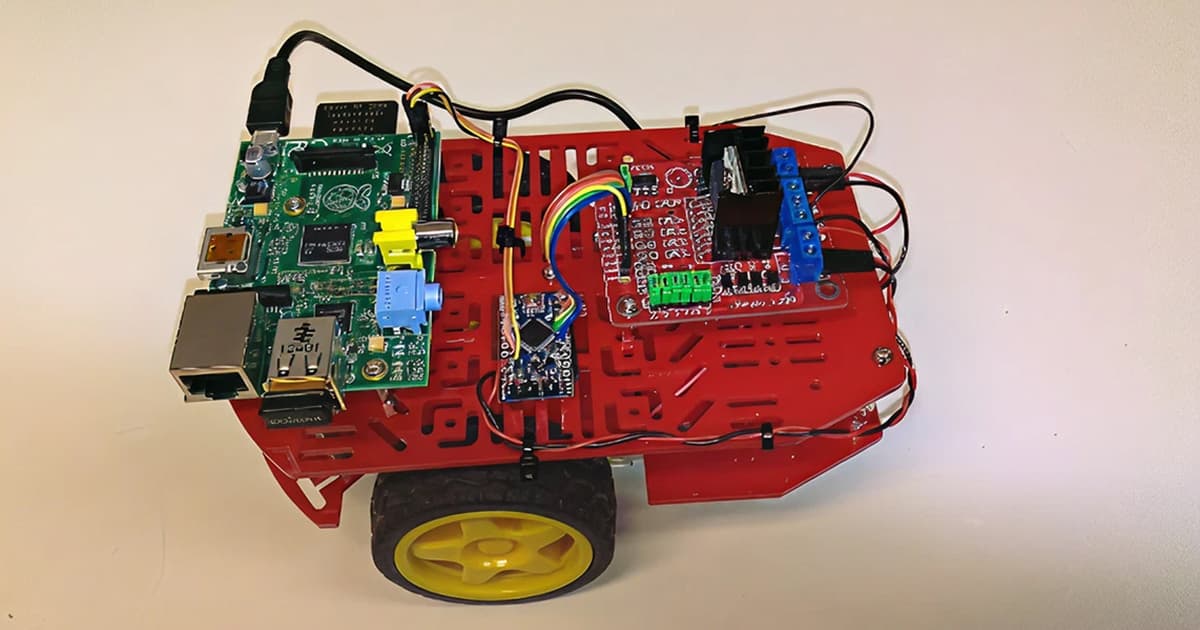Stefan Kruger recently joined Dyalog Ltd from IBM, where he worked on distributed databases for many years.

Stefan spent a long time at university doing research in signal processing; after that he worked in several start-ups that were closely tied to the academic world. Then, taking a step away from technology for a while, Stefan pursued his interests in climbing and skiing, chasing winter around the globe until the money ran out.
Once safely back in gainful employment, Stefan set himself a goal of learning a new programming language each year, favouring those that are less mainstream…”the weirder, the better!”. This path has led him through such languages as Zig, Clojure, Elixir, Racket, Haskell, and many more. Once he discovered APL he was hooked. Recognising the need for more accessible resources while learning APL, Stefan wrote Learning APL, an introductory book for programmers familiar with other languages; he also edited together APL Cultivations, which covers most aspects of basic APL programming as well as some more in-depth lessons.
Stefan lives in Bristol with his wife Sarah, two cats, one dog, and n+1 bikes. He enjoys back country skiing in arctic Scandinavia or Canada during his winter holidays. In the summer, he stays active by road biking, especially climbing the classic cols in the Alps — strictly “type 2” fun.

We’re glad to have Stefan on board at Dyalog Ltd; his background and drive for continuous learning should be a positive contribution to our team, and we look forward to seeing his contributions to the APL community.





